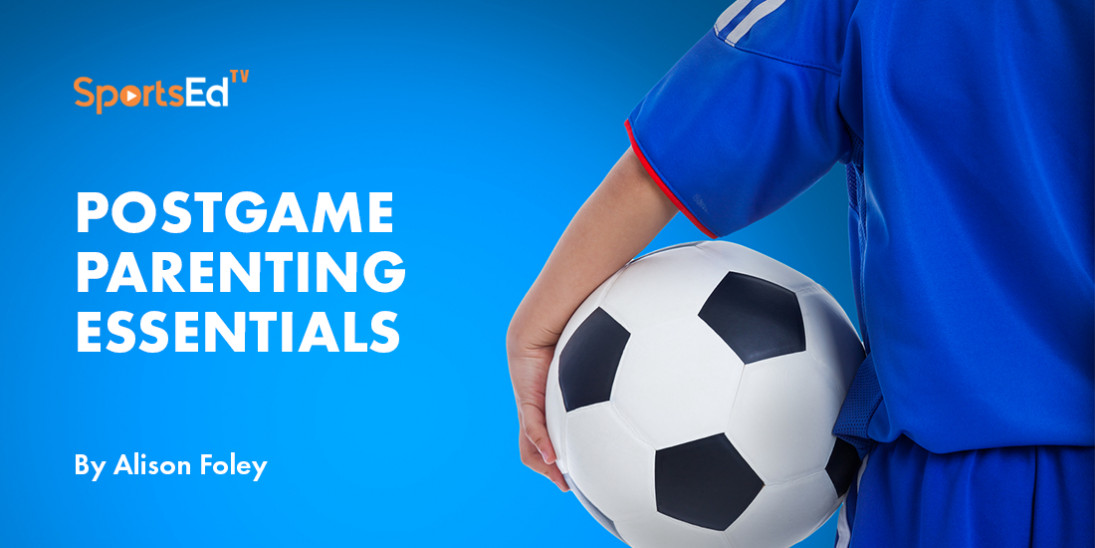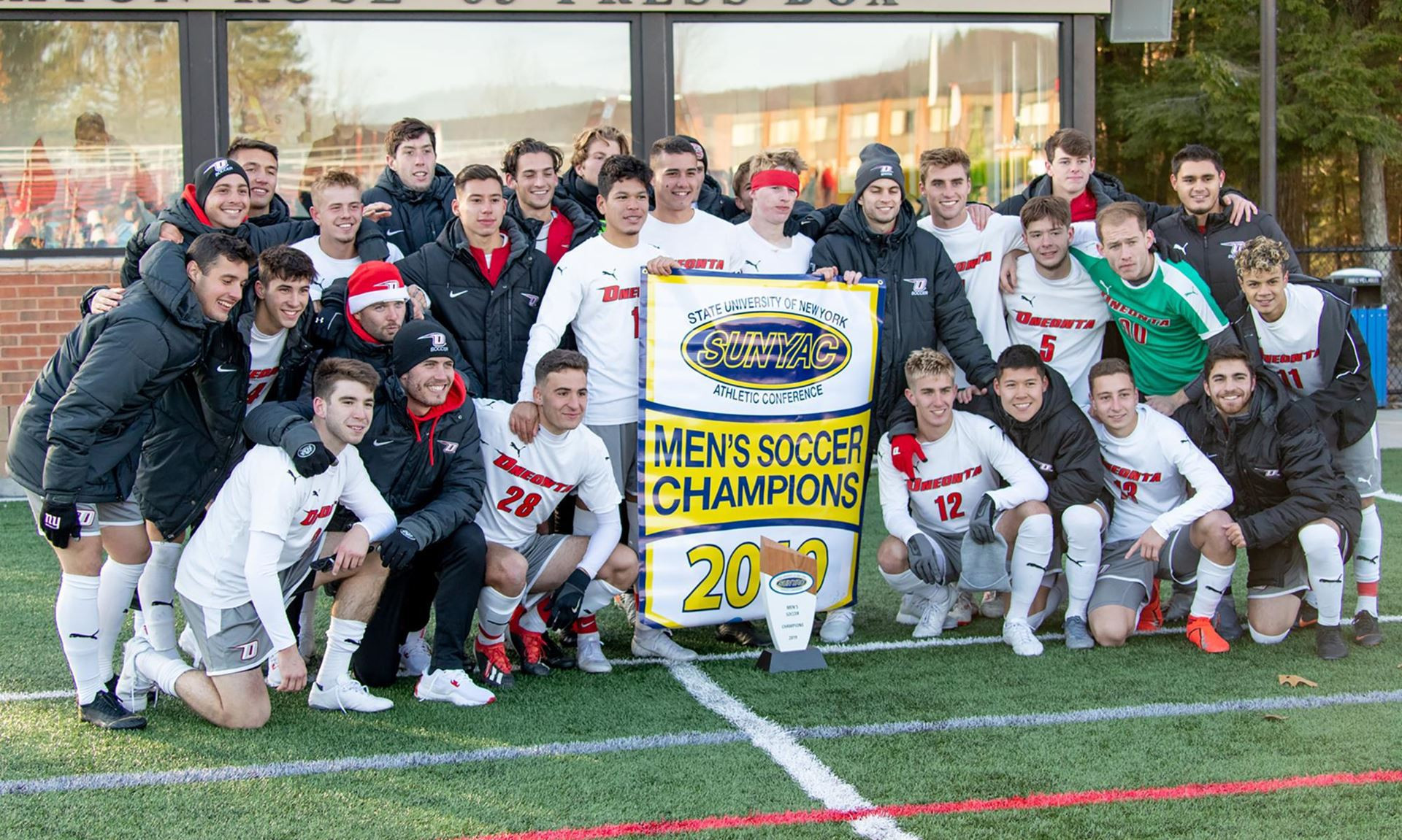Soccer
Welcome and thanks for visiting...

Keeping Teen Girls In Sports
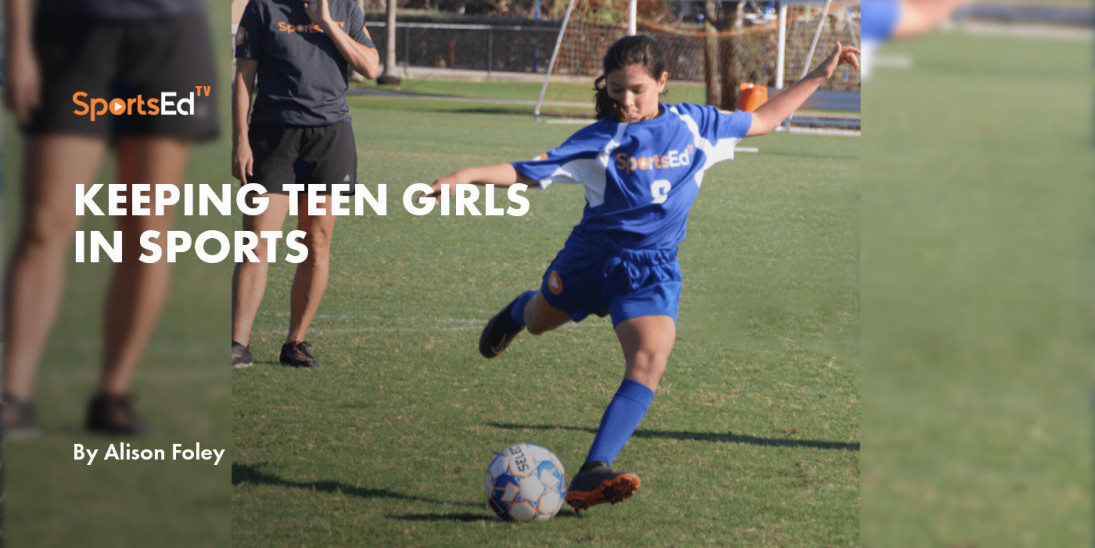
SportsEdTV Soccer is committed to bringing athletes, coaches, and parents pro-level Football education videos for FREE. All levels, anywhere, anytime. Check out our full instructional library and sign up to join our Soccer community.
Alison Foley, coach of Boston College's Division I Women's Soccer Team from 1997-2018 and the winningest coach in Boston College history, discusses how to combat the trend of teen girls dropping out of sports.
Keeping Teen Girls In Sports
Did you know that 70% of all kids quit organized sports by the age of 13 and that girls quit at 6x the rate of boys? The stat regarding the transition from highschool to college is even more disheartening. Only 7% of high school athletes move on to play sports in college.
I wrote How To Coach Girls with Mia Wenjen as a manual to help coaches – both professional and volunteer – to share my experience as the former Boston College Women’s Varsity Head Coach for more than two decades in coaching young women.
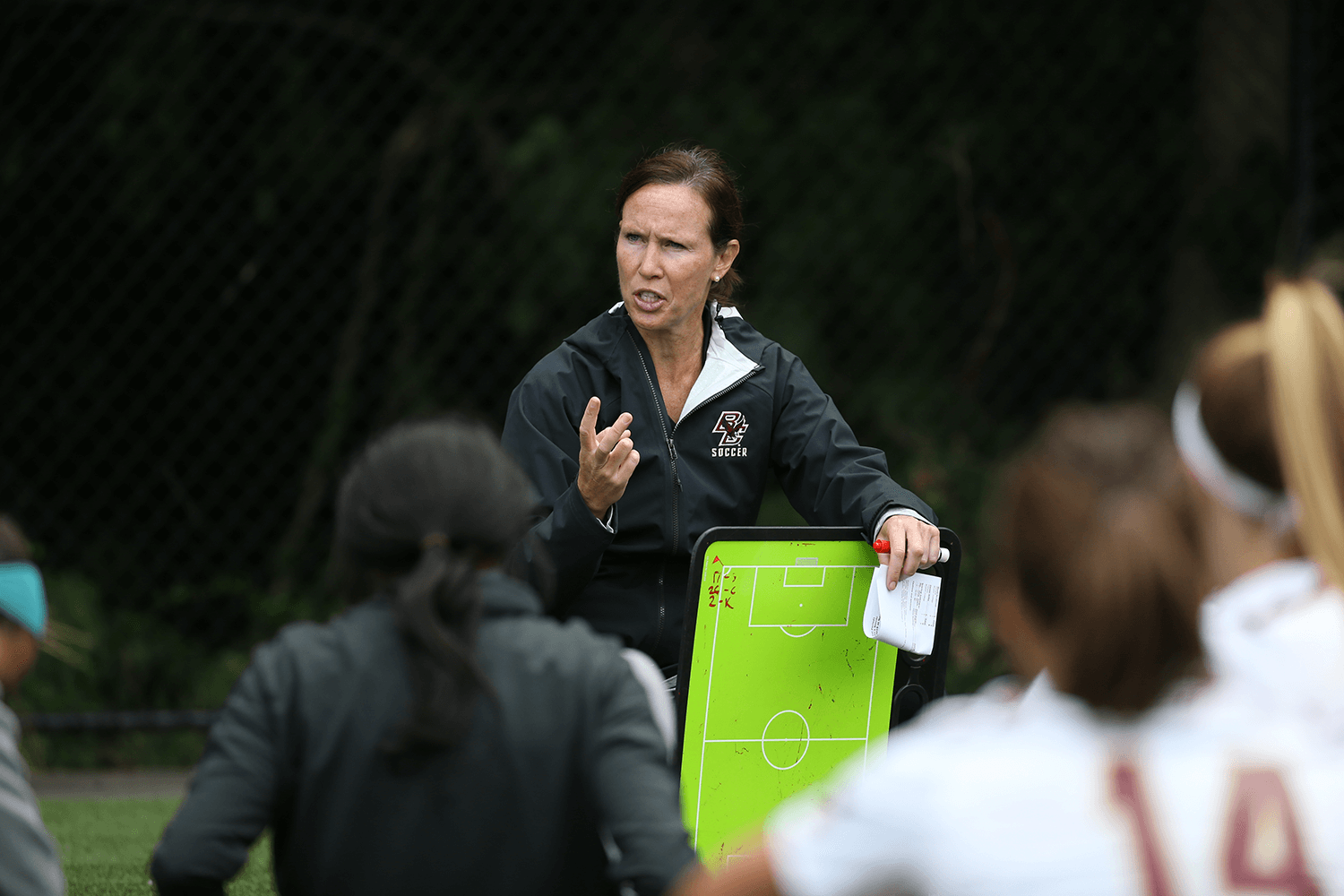
The positive benefits of keeping girls in sports are numerous, including but not limited to players having a more positive body image, higher grades, lower rates of pregnancy, and higher self-confidence. There are also benefits that help in their careers from learning teamwork and leadership skills to accessing networking opportunities.
But what is the secret sauce to keeping girls in sports? It’s a simple but elusive one: fun!
What does that mean? How do we translate “fun” into a sport while still making it competitive? It turns out that “fun” has many aspects. Let’s focus on three:
- Make Her Feel Valued
- See Her as a Whole Person
- Help Her Form Connections with Her Teammates
Make Her Feel Valued
Teens often doubt their abilities and value. They worry about fitting in. They worry about failure. As a result, girls need a safe and nurturing environment where they can feel comfortable trying new things.
The easiest way to make your athletes feel valued is to connect with them on a personal level. Find a way to praise each and every player during each practice. Girls are often very hard on themselves; they don’t necessarily need someone to point out what they are doing wrong all the time.
Instead, find the moments when they are doing something praiseworthy such as trying something new, mastering a skill that they had been working on, or even exhibiting leadership or compassion.
Let each player know that you, the coach, are looking forward to seeing them … at the next practice, the next game, and the next season. Your enthusiasm will help fuel theirs.

Connect with your players on a personal level
See Her as a Whole Person
Your players want to be seen as a whole person, not just as an athlete with skills. They want you, the coach, to know and appreciate the different aspects of their lives from their other extracurriculars, to their sense of humor, to their social relationships.
This takes time and coaches often have that in short supply, but it’s the key to earning trust. And this trust is necessary for interpreting the coach. It’s easy for players to incorrectly interpret a coaches’ words or actions as “my coach doesn’t like me” or “I’m not my coach's favorite.”
There was a Kindergarten teacher at our elementary school that everyone wanted their child to have. She had the gift of making each of her students feel like they were her favorite. Taking the time to build a relationship with each player tells her that she’s your “favorite.”
Help Her Form Connections with Her Teammates
The social aspect is another reason why sports are fun for girls. Playing different sports and being on different teams gives them the opportunity to meet new people and make new friends that might be outside of their usual social circles such as the school that they attend. These social connections can last well beyond the season.
Try using ice breakers at the start of every practice during warm up. Something as silly as asking questions about their favorite ice cream flavor, or if they have a pet, can help them connect with each other.
Another thing to be mindful of is breaking the team into smaller groups. They might already be in groups due to carpools that formed based on a city or school, and this can lead to cliques. They will tend to stand next to and associate with the people that they already know. Instead of letting your players form their own groups, have them count off. This naturally mixes up the girls with others that they don’t know.
Handling The Transitions (Middle School to High School to College)
As girls transition from middle school to high school there is a drop off in sports participation. Many sports have tryouts and cuts. Also, very few sports are open to beginners.
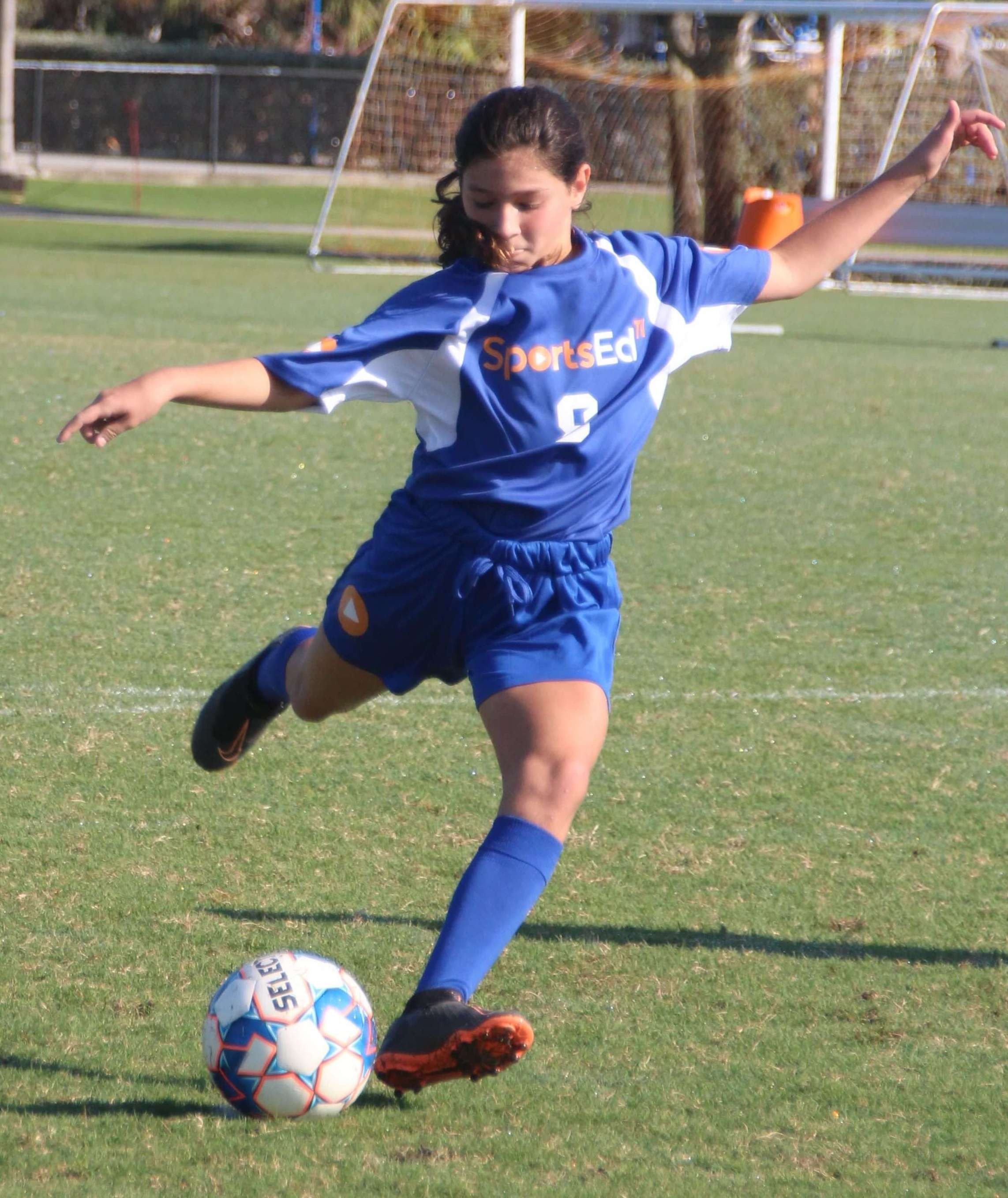
Many girls drop out of sports in the transition from middle school to high school, and high school to college
If you’re the parent of a young child, be open to having her play different sports. Multi-sport athletes tend to have less injuries, less burn-out, and learn more from experiencing different roles between their “main” versus “fun” sport. All of these are important factors in determining if young athletes stay in sports or not.
The transition from high school to college is another time when girls often stop playing sports. At this time, remind your daughter of the many options to participate in sports in college, from intramural (try a new sport or one that is just meant for silly fun!) to club to junior varsity to varsity. College is also a great time to try something new that athletes might not have had the time or access to before such as squash, rock climbing, Zumba, or rugby.
We want our daughters and athletes to feel like sports is always an open door for them, because it is. It’s a gift that keeps on giving. And you, the coach, are the gifter.
Follow SportsEdTV Soccer on Facebook and Instagram to stay up-to-date with the latest content

